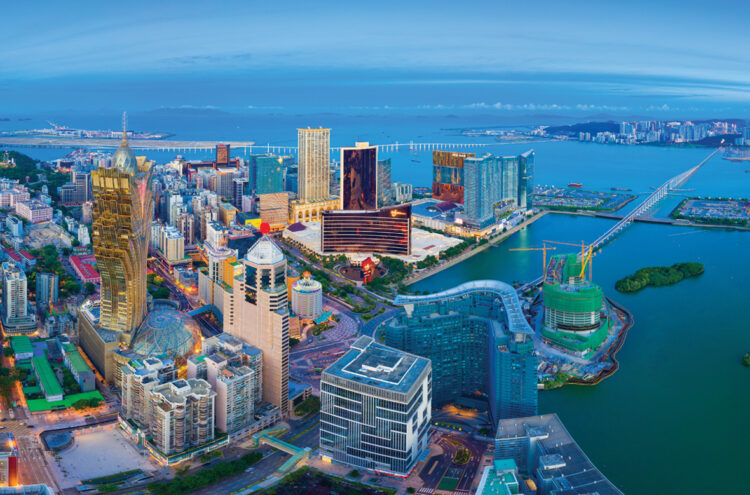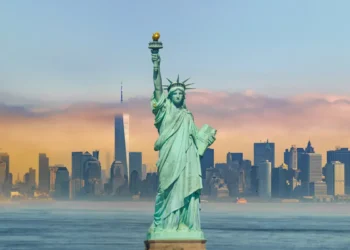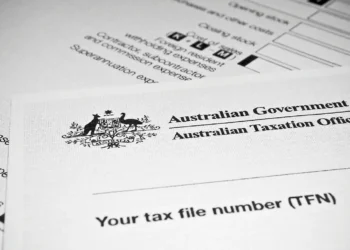Macau’s concessionaires have committed to spending a combined US$13.5 billion on non-gaming attractions over the next 10 years, but they appear to lack the support needed to make such investment a success.
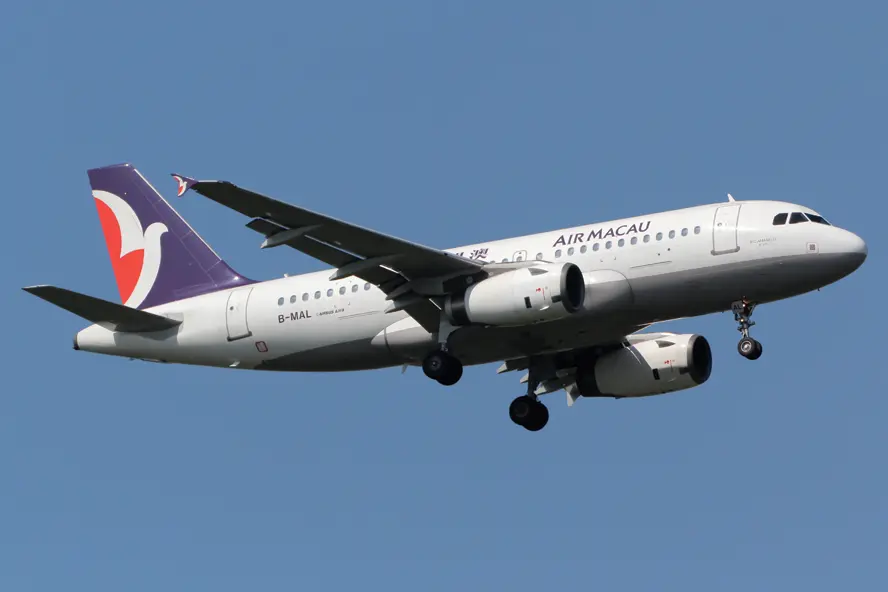
If nothing else, the commitment by Macau’s casino concessionaires to invest US$13.5 billion over 10 years in the development of non-gaming attractions demonstrates that they, and their financiers, collectively possess both a high pain threshold and unshakeable faith in the restoration of gaming revenue to at least its immediate pre-COVID level.
It does not, however, speak to their confidence in the execution of successful non-gaming investment strategies. To credibly do so would require not just an awareness of the enablers of such strategies, but also an expectation that the SAR government will share some of the heavy lifting needed to assure success. So, what are the key enablers, and what should the government be considering to see them facilitate, rather than frustrate, the outcomes sought?
CONNECTIVITY
What is common to the 10 project areas identified for investment is their reliance upon visitation from sources beyond the PRC. Currently Macau has relatively few direct flights from major potential feeder markets outside China. The Air Macau exclusive concession, first granted in 1995 and now extended until November 2023, effectively restricts capacity and route options by inhibiting competition. Interestingly, it was reported as far back as 2005 that Air Macau was considering ceding its exclusivity by granting (presumably with government approval) a sub-concession to a mainland start-up. That didn’t happen, and the government has since resisted pressure to open the concession to tender.
Aside from seating capacity, the airport’s movement handling capacity is constrained by its single operational runway, and, even with its new south terminal operational, its lack of airbridges suitable for handling multiple large, wide-bodied aircraft. While the airport’s passenger capacity will this year rise to around 10 million per annum, this is miniscule compared to the hub airports of Hong Kong and Guangzhou, both of which have the capacity to handle at least 80 million passengers and 650,000 aircraft movements. In addition, Zhuhai airport is increasing its passenger handling capacity to around 27 million and is reported to be working closely with Hong Kong airport to facilitate seamless travel between the two.
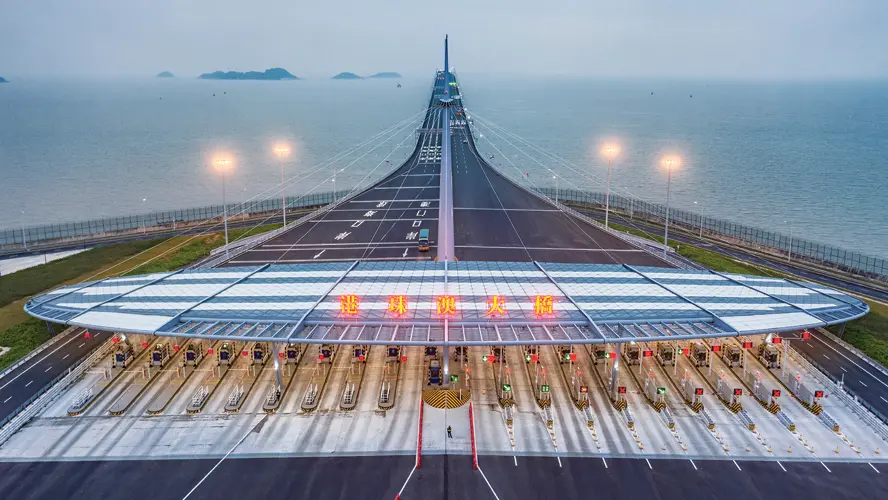
The HZM Bridge is underutilized and unsuitable for bringing large groups of travellers to Macau from either Hong Kong or Zhuhai. The only land transport options to Macau involve being in or entering a Customs and Immigration zone separate to Macau. Sea connectivity has been severely impacted by COVID restrictions. But all those pan-delta services are no substitute for direct flights into Macau. International cruise ships do not get closer to Macau than Hong Kong, and there is little to attract cruise ship passengers to spend a port day in Hong Kong negotiating their way to and around Macau.
LABOR
It may have seemed like good public policy to reserve dealer positions in Macau’s casinos for local residents, but what it has achieved is the creation of a serious skill deficit in the local population. There are about 26,000 dealers employed in the casinos, many of whom are in the important demographic group of 21 to 30 years. The government has raised the bar for imported labor and restricted the availability of blue cards for foreign workers. Many skilled expatriate workers have left Macau since the arrival of COVID and its accompanying quarantine restrictions. Finding and mobilizing people with the expertise and experience to establish and operate new non-gaming attractions presents both a policy challenge for government and a practical problem for the casino concessionaires.
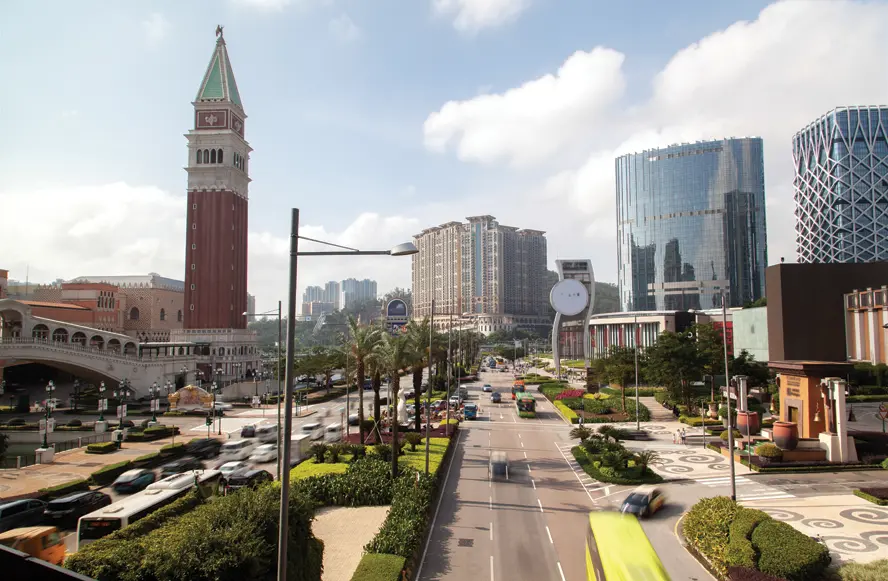 LAND
LAND
The Cotai Strip is fully built out or spoken for already. Hengqin island does have available land, but it is remote from the casinos, which are an unspoken but integral part of any non-gaming business attraction model. It is also remote from the established Strip hotels and attractions, which means that some duplication of hotel facilities will be needed. To the extent that access is required to public land, there will be a question as to the price and terms upon which such access will be permitted. If Hengqin is to develop as a hub for non-gaming investment by Macau gaming concessionaires it will need some form of mass transit system to enable movement around the island, and between the island and Macau. The light rail system has already been seriously compromised in its routing, capacity and speed of operations, and extension of its network across the Lotus Bridge may not be an attractive, or even feasible option.
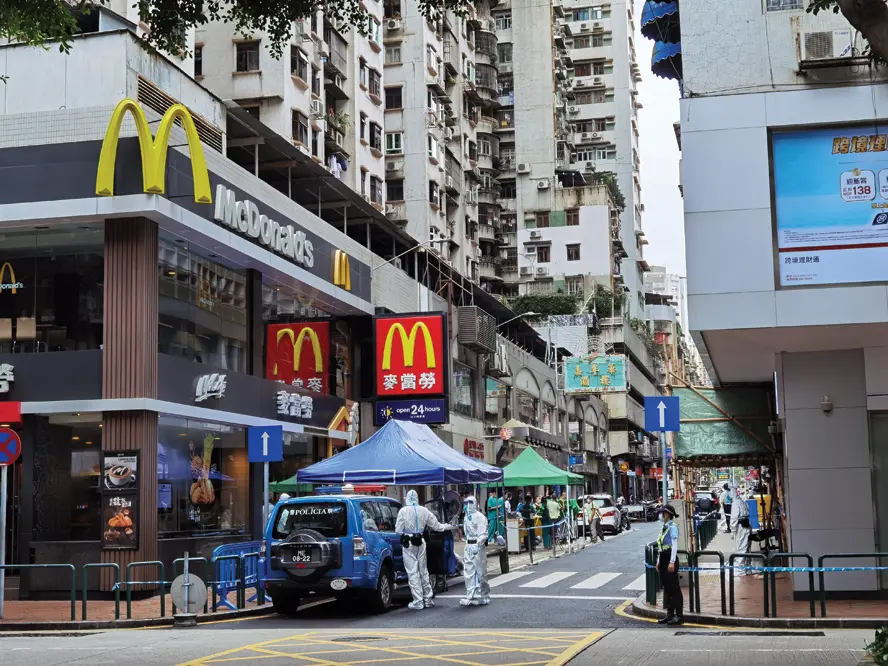 REPUTATION
REPUTATION
Macau is universally identified with gaming, and little else. Unlike other prominent gaming jurisdictions, such as Las Vegas and Singapore, the casinos have been largely unable to diversify their revenue streams away from reliance upon GGR. Macau’s reputation has been tarnished by its adoption of a “zero-COVID” policy, which may yet have the residual effect of discouraging visitors who may be apprehensive about their ability to freely enter and move about Macau.
The past three years may also point to an under-estimation of the sovereign risk associated with doing business in Macau, given the sensitivity of the SAR government to Central government policy on corruption, capital outflows and COVID. History tells us that Las Vegas in the 1950s had the reputation of a mob-controlled gambling center; it was not until the 1980s and the opening of the Mirage that its reputation was re-oriented to a multi-faceted destination where well-regulated gaming is but one of a multitude of pleasurable offerings for visitors.
COMPETITIVE ADVANTAGE
Macau’s unassailable competitive advantage as the only location of legal casinos within greater China does not necessarily confer any advantage when it comes to competing for non-gaming visitation. MICE business is a good example; aside from the capacity of its existing facilities, and gaming, what is there about Macau that would make it a more attractive destination for MICE than Singapore, Hong Kong or multiple PRC cities (think Shanghai/Guangzhou and Shenzhen)? Macau is no longer a cheap place to visit, so pricing flexibility is not the advantage it may once have been. Moreover, the concessionaires will not be willing, or likely able to loss-lead with or subsidize their non-gaming offerings given the depths gaming revenues have plumbed since 2019.
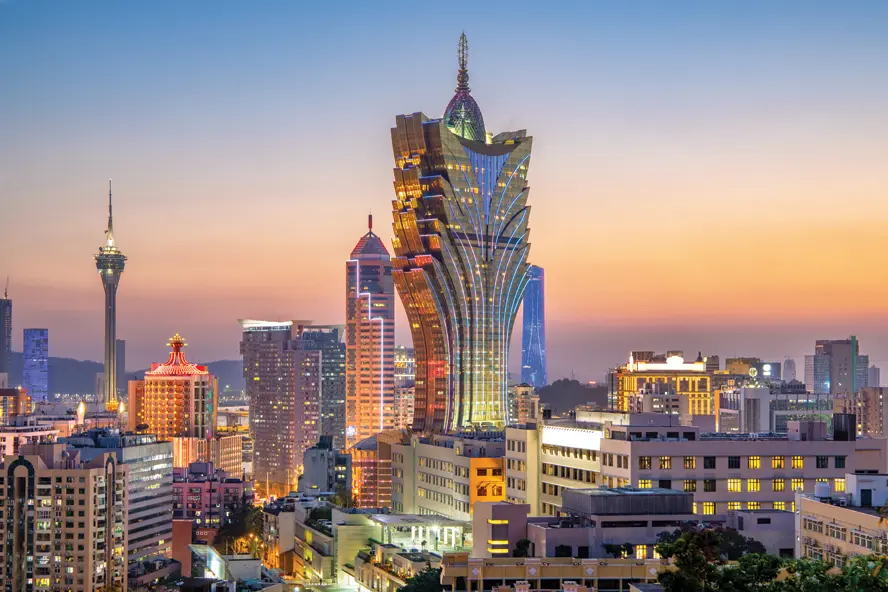 Reflecting on these enablers, it is difficult to think of a single publicly articulated strategy adopted by the SAR government to support the gaming concessionaires in their quest to invest rather than simply spend US$13.5 billion over the next 10 years. Hopefully all parties can work together to better enable a mutual understanding of the issues ahead and an acceptable means of successfully navigating a way through them.
Reflecting on these enablers, it is difficult to think of a single publicly articulated strategy adopted by the SAR government to support the gaming concessionaires in their quest to invest rather than simply spend US$13.5 billion over the next 10 years. Hopefully all parties can work together to better enable a mutual understanding of the issues ahead and an acceptable means of successfully navigating a way through them.






